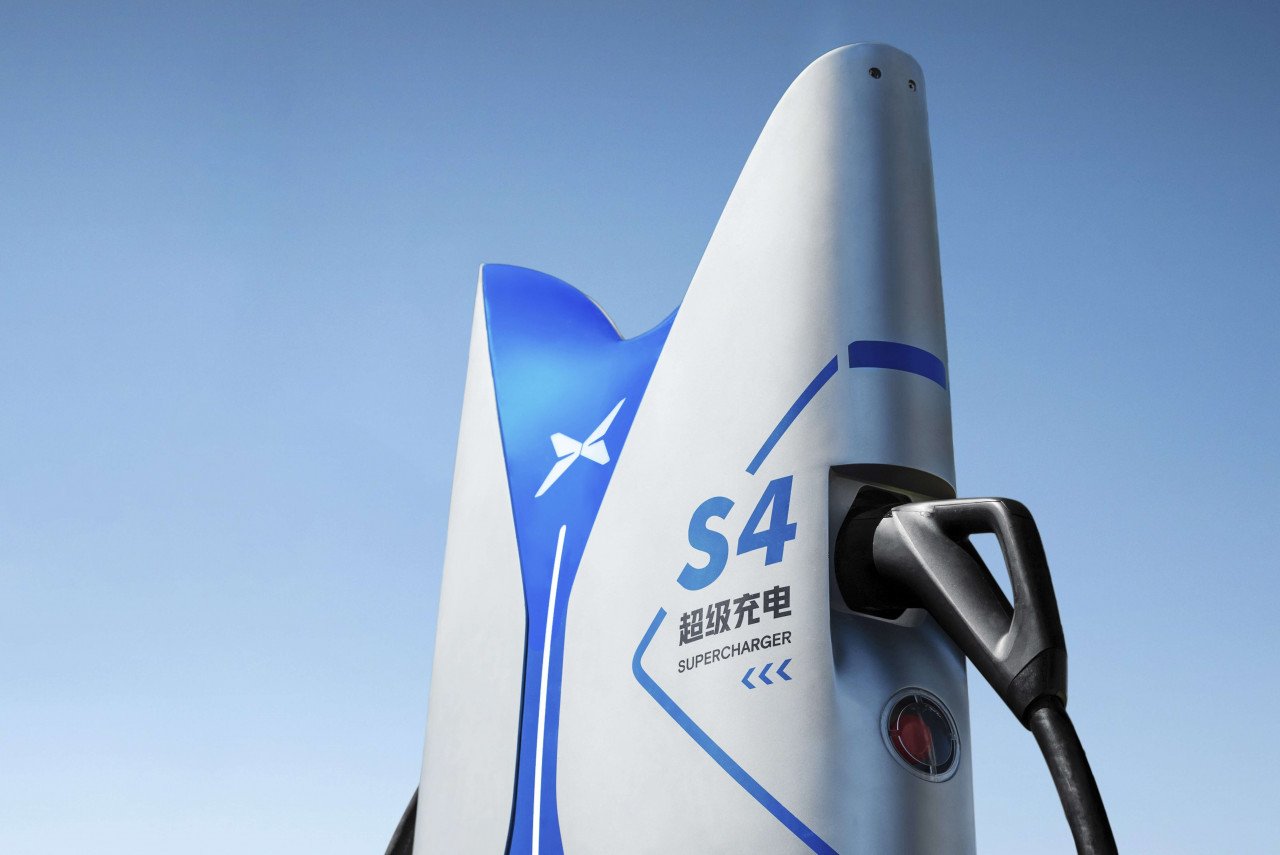Chinese EV maker Xpeng has recently hosted 'Supercharging Media Day' in Guangzhou, outlining the progress and development of its advanced charging technology and plans to create an extensive charging network.
At the event, the company unveiled one of its flagship 'S4' supercharging station that can deliver a maximum power output of 480 kW and a maximum current output of 670 A, setting the highest standard in the country's charging industry. This is the company's 1,000th charging station in China.
The charging demonstration involved an Xpeng G9 electric SUV, in which 200 km of range was added to the car by the supercharger in just 5 minutes.
Xpeng has said that it will began deploying the S4 supercharging stations across 10 major cities in China, including Beijing, Shanghai, Guangzhou, and Shenzhen later this year. Many more charging sites will be opened in other cities and major highways during 2023.
By 2025, Xpeng aims to open an additional 2000 supercharging stations across China. The extensive highway charging network that the company is working on covers over 3500 km, with charging sites at major exits along the Beijing-Shanghai Expressway and Beijing-Hong Kong-Macau Expressway.
The Xpeng charging sites have also been opened along the 318 Sichuan-Tibet Expressway and the Circuit Expressway spanning the Qinghai-Tibet plateau. The comprehensive charging network provides Xpeng owners flexibility and convenience while alleviating range anxiety, the company claims.
"We anticipate that the sales of BEV priced at over 200,000 RMB will surge with the rapid development of a supercharging network", said Xiaopeng He, Chairman and CEO of Xpeng.
Speaking at the event, he added, "There is a long-lasting debate in our industry regarding the advantages of BEV versus those of PHEV, and we're firmly on the side of the former. As we all look to create a smarter and greener planet, we must choose a long-term commitment to sustainability over short-term returns. This means investing in fully electric EVs and charging technology".
The majority of hybrid EV models in the Chinese market offer an average driving range of between 50 km to 250 km (CLTC), while most BEVs boast a range of at least 450 km. This results in greater cost efficiency and practicality for BEV drivers, according to the company.
Read More

